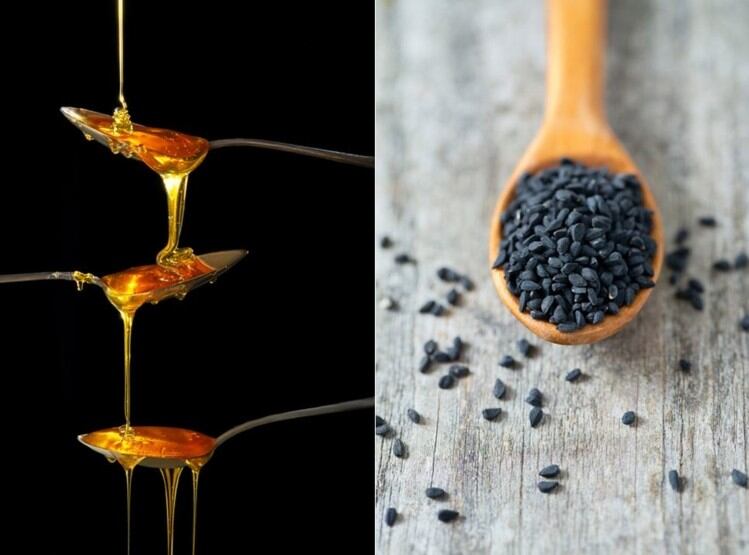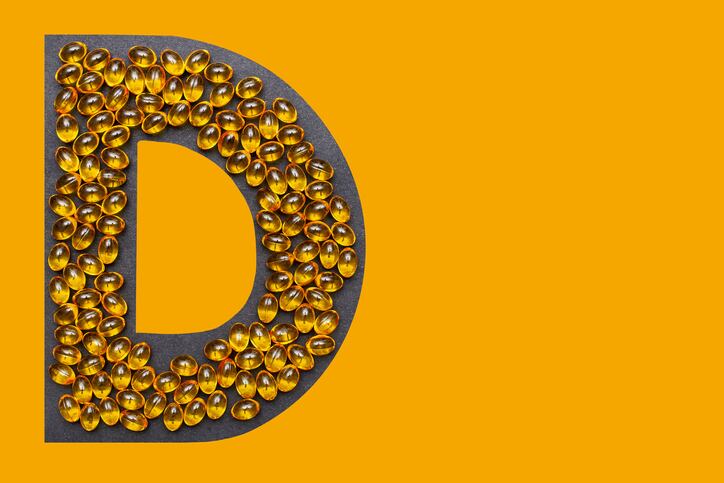This is according to a study which examined changes in the use of dietary or herbal supplements among individuals who contracted COVID-19, both before and during their infection.
Researchers found out 80.1% of patients took lemon and orange supplements during their infection, a significant increase from 49.9% before the infection.
Similarly, 71% of people took honey during infection, an increase from 43.4%. For black seed, it increased from 19.6% to 46.8%. Ginger usage also increased from 36.2% pre-infection, to 57.6% during infection.
Vitamin C usage saw an increase from 48.8% pre-infection, to 68.4% during infection.
For costus, only 2.3% of people took it before their infection, which increased to 15.6% during their infection.
Meanwhile, there was a significant reduction in the use of peppermint supplement, from 35.2% pre-infection, to 21.8% during the infection.
These findings highlight the significance of using herbal or dietary supplements during the pandemic and shed light on potential natural candidates for treating COVID-19 to allow further phytochemical and biological assessment.
“Few studies have reported on using dietary or herbal supplements during infection with COVID-19 in Saudi Arabia. The findings of this study may play a pivotal role in educating healthcare providers about the consumption of natural supplements when counselling their patients,” researchers published in the International Journal of Environmental Research and Public Health.
Study design
This study was a questionnaire-based survey conducted over the phone.
A total of 738 adults in Saudi Arabia who had recently recovered from COVID-19 were recruited, and data collection took place between August and October 2020.
The questionnaire collected data on participants’ demographics, symptoms, and consumption of dietary or herbal supplements before and during COVID-19 infection.
In this study, dietary or herbal supplements with known therapeutic effects were included and they were ginger, anise, cumin, chamomile, peppermint, coffee peel, citrus, honey, black seed, costus, garlic/onion, vitamin C and vitamin D.
Findings
It was found that some supplements were frequently consumed by participants even before their infection with COVID-19, including lemon and orange (49.9%), honey (43.4%), and vitamin C (48.8%).
Consumption of other supplements was less likely among participants before their infection with COVID-19. About 80% of the participants did not use black seed (Nigella sativa) as part of their lifestyle before their infection with COVID-19, and 63.8% did not report using ginger (Zingiber officinale).
However, during the infection, supplementation of lemon and orange, honey, vitamin C, ginger, costus and black seed saw significant increases in their usage.
In addition, researchers found that some patients who consumed certain supplements such as vitamin C were less likely to be hospitalised during their course of COVID-19 treatment.
Meanwhile, some supplements saw a reduction in usage such as peppermint, chamomile, coffee peel (Coffea arabica), and cumin (Cuminum cyminum). However, only peppermint observed a significant decrease.
This meant that patients likely to stop or avoided these supplements during their infection.
“To the best of our knowledge, no study reported that peppermint had any antiviral activity against SARS-CoV-2,” researchers wrote.
They added: “Data supporting using coffee peels as an antiviral agent or in COVID-19 treatment or prevention are still lacking.”
First study in Saudi Arabia
In Saudi Arabia, there is a high prevalence of using dietary or herbal supplements to treat various health conditions or support general health in both urban and rural areas. Most people trust traditional beliefs in terms of efficacy and safety as well as their affordability compared with other pharmaceutical products.
Some dietary or herbal supplements exert antiviral, anti-inflammatory, antioxidant, immune supportive, or regulatory effects, making them candidates for fighting COVID-19 infection, seen in the significant increase in the use of lemon/orange, honey, ginger, vitamin C, and black seed.
In Pakistan, a randomised-controlled trial found that COVID-19 patients given a combination of honey and black seed recovered more quickly than those given a placebo.
“The results of this study suggest some potential natural candidates that should be evaluated for further phytochemical and biological assessment in future studies of SARS-CoV-2,
Consumption of these supplements should be supervised by qualified healthcare providers to guarantee patient safety and to ensure that it is based on the best available evidence.”
However, researchers acknowledged that this study did not collect data on the number of supplements consumed by participants and patients’ beliefs about the supplements
“The limited number of studies examining the effect of dietary or herbal supplements on hospitalisation for COVID-19 treatment in the Middle East and worldwide also limited our ability to compare our findings to others.
“With these limitations in mind, the study reported data for a diverse sample of patients from different regions in Saudi Arabia, obtained through phone interviews.”
“As far as we know, this is the first study in Saudi Arabia to explore changes in the use of dietary or herbal supplements among individuals who contracted COVID-19 before and during their infection.”
Source: International Journal of Environmental Research and Public Health
https://doi.org/10.3390/ijerph18105086
“Patients’ Behavior Regarding Dietary or Herbal Supplements before and during COVID-19 in Saudi Arabia”
Authors: Leen A. Aldwihi, et al.



